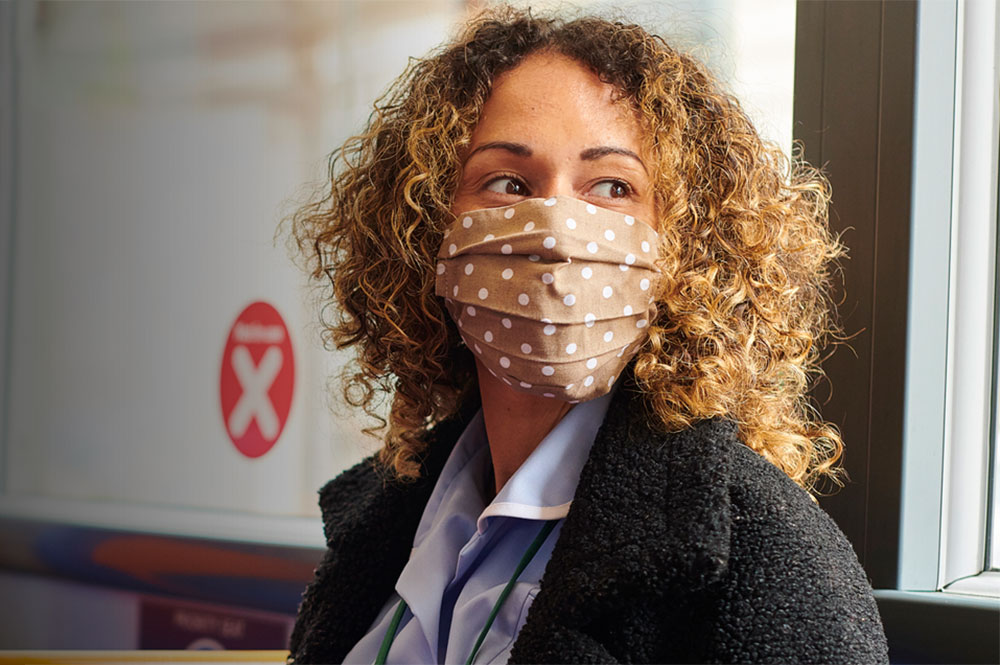Nearly 10,000 key workers in York face an effective pay cut – and the city is the hardest hit in the country.
That’s according to new research by the TUC, released today (Friday).
A total of £1.3 billion will be cut from key worker pay settlements in England this year, following announcements made by the chancellor in November, the TUC says.
Then, Rishi Sunak announced a pay freeze for all public sector workers apart from those in healthcare and people who earn less than £24,000 a year.
The TUC estimates that 2.6 million public sector workers will be subject to the freeze in 2021 – effectively a pay cut given inflation.
According to its research that means:
- 8,422 public sector workers in York Central, and
- 1,571 in York Outer
won’t get a pay rise.
And the research has worked out the impact on the local economy of these workers having less pay in their pocket.
In York Central, that’s a loss of £6.5 million in earnings – making it the hardest hit constituency in the country.
In York Outer, the loss is £1.2 million.
Hitting the North

The TUC said cutting pay rises for key workers in the public sector in England would disproportionately affect northern regions.
The economic hit for England in the year to March 2022 would be £1.7 billion as workers lose spending power, said the union organisation.
They are campaigning for a pay rise for every key worker, including raising the national minimum wage to at least £10 per hour.
TUC general secretary Frances O’Grady said: “Key workers have kept the country going through the pandemic. The Prime Minister clapped them, but his applause will ring hollow if he cuts their pay.”
TUC regional secretary Bill Adams said: “Key workers have kept Yorkshire and the Humber going through the pandemic. The Prime Minister clapped them, but his applause will ring hollow if he cuts their pay. It’s no way to thank them.
“We’re all part of the same pay circle. When a key worker spends their wages, it goes into other people’s pay packets. Shop staff, factory workers, delivery drivers, childminders, bar staff – right across the economy, we are all connected.
“If our key workers get the pay rises they’ve earned, it will benefit everyone. The spending boost will help our local businesses and high streets recover quickly. And it will help level up our unequal economy.”
But Professor Len Shackleton, editorial and research fellow at free market think tank the Institute of Economic Affairs, said: “Come rain or shine, you can always rely on the TUC to demand higher pay for public sector workers and an increase in minimum wages.
“Oblivious to the current crisis, they tell us that ‘cutting rises’ in public sector pay would mean less spending power for workers. But without pay restraint public spending will increase still further and this will ultimately mean higher taxes, with somebody else – mainly other workers – having less spending power.”
